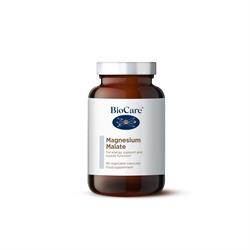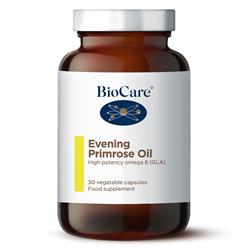Omega-3s and Lung Health
A paper in the American Journal of Epidemiology says that higher levels of docosahexaenoic acid (DHA), an omega-3 polyunsaturated fatty acid, are good for the health of the lungs.
Interstitial lung disease (ILD) is a term used for a group of progressive lung diseases that can cause scarring of lung tissue, making it hard to get enough oxygen.
The study looked at the risk of hospitalisations caused by ILD.
The papers included several studies of hospitalisations due to ILD in over 10,000 adults.
They looked at cross-sectional associations with computed tomography (CT) lung abnormalities in the Multi-Ethnic Study of Atherosclerosis (MESA), the Framingham Heart Study, and the Age, Gene/Environment Susceptibility-Reykjavik Study (AGES-Reykjavik).
Researchers looked at fasting blood samples and found that a higher level of DHA led to less need for hospitalisation.
On CT scans, lung tissue that was healthier was linked to higher DHA levels. This means that we can increase lung health by consuming enough omega-3 fatty acids.

How much DHA do you need per day?
Several large health professionals have put out their own expert opinions, but they vary widely. Overall, most of these groups say that healthy adults should get at least 250–500 mg of EPA and DHA each day. That’s about 8 ounces of fatty fish a week. You can also consume algae to increase your omega-3’s.
For some health problems, people are often advised to take more Omega-3. Such as people with heart problems, serious lung, or skin conditions. In these cases people are recommended to take up to 1,000 mg per day to boost their levels of omega-3s.
How to increase your intake of Omega-3 fatty acids
Omega-3 is found in algae, flax seeds, hemp seeds and walnuts, among other seeds and nuts. These foods have alpha-linolenic acid (ALA), which your body can turn into EPA and DHA in small amounts. However, this is often not a sufficient source of DHA, especially if suffering from any sort of liver degeneration. For this reason, many people opt for a high quality Omega-3 supplement.
In Conclusion
Omega-3 fatty acids help create a protective layer around our cells. Therefore, they can help reduce the progression several diseases. This study shows how omega-3 fatty acids are perfect for promoting lung health. Which is the perfect antidote during flu season.



